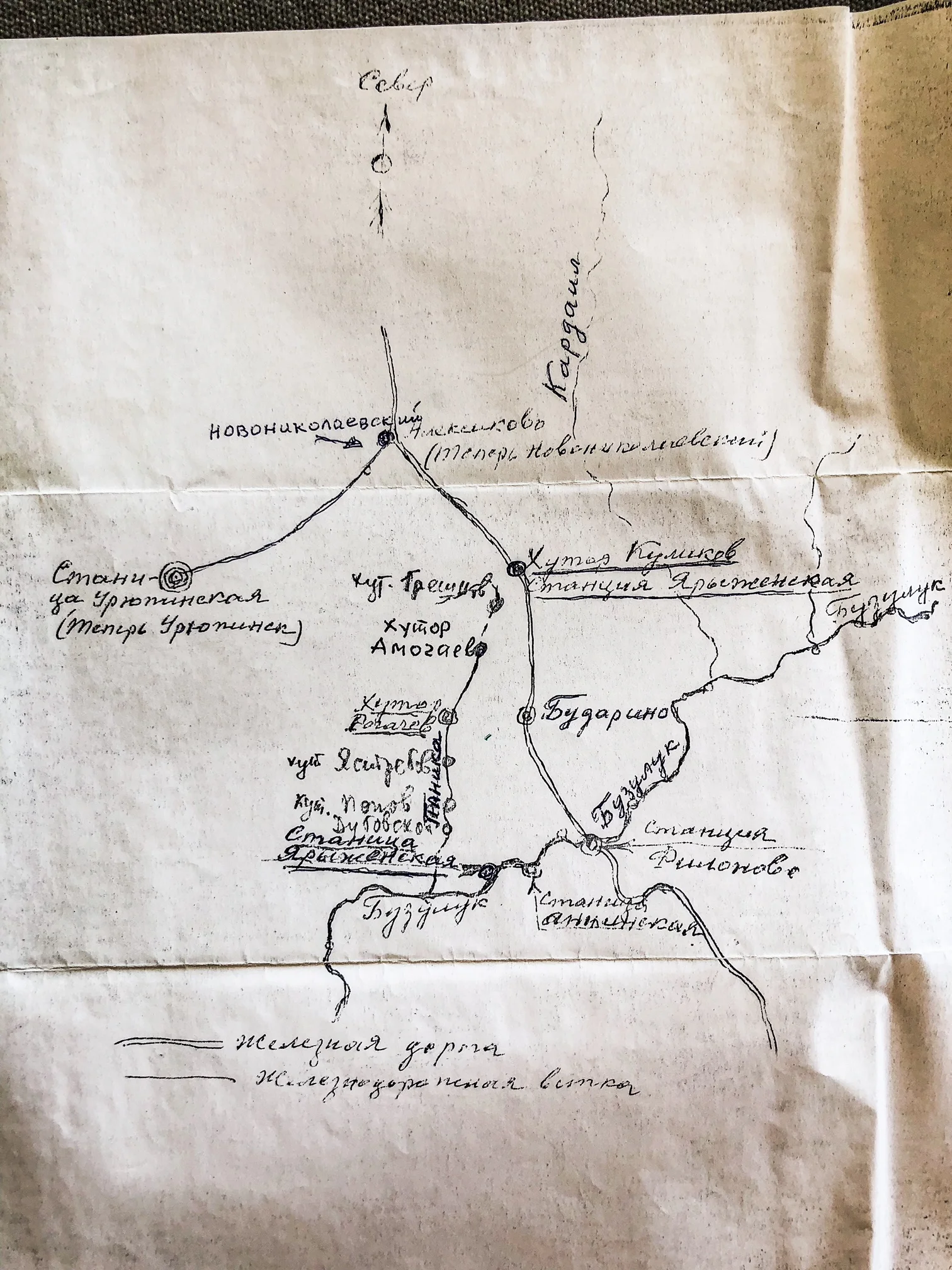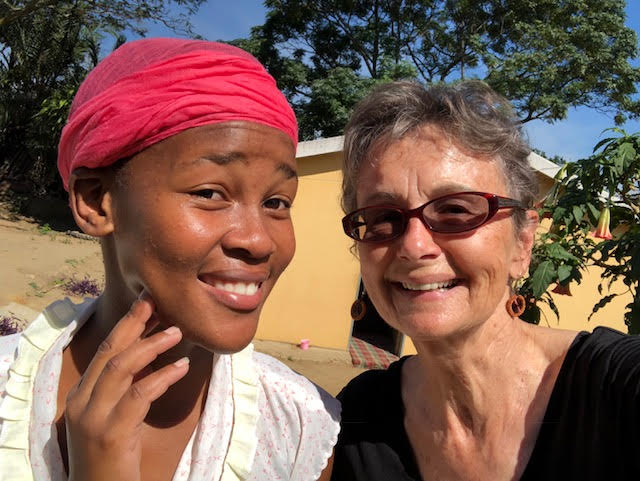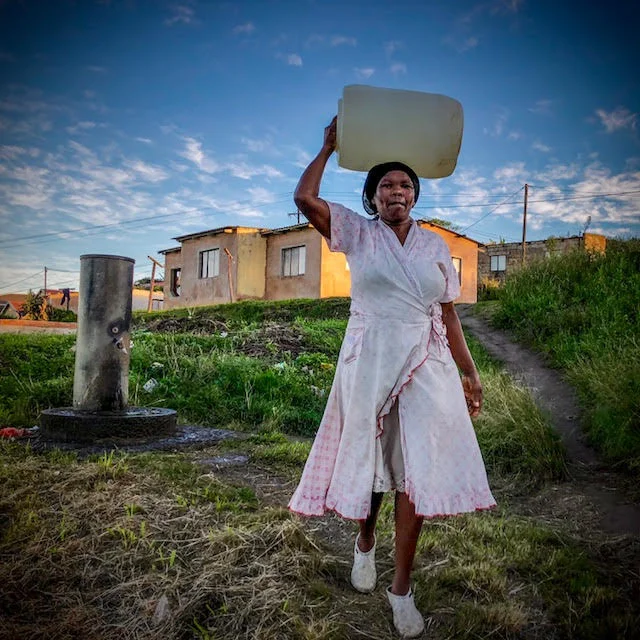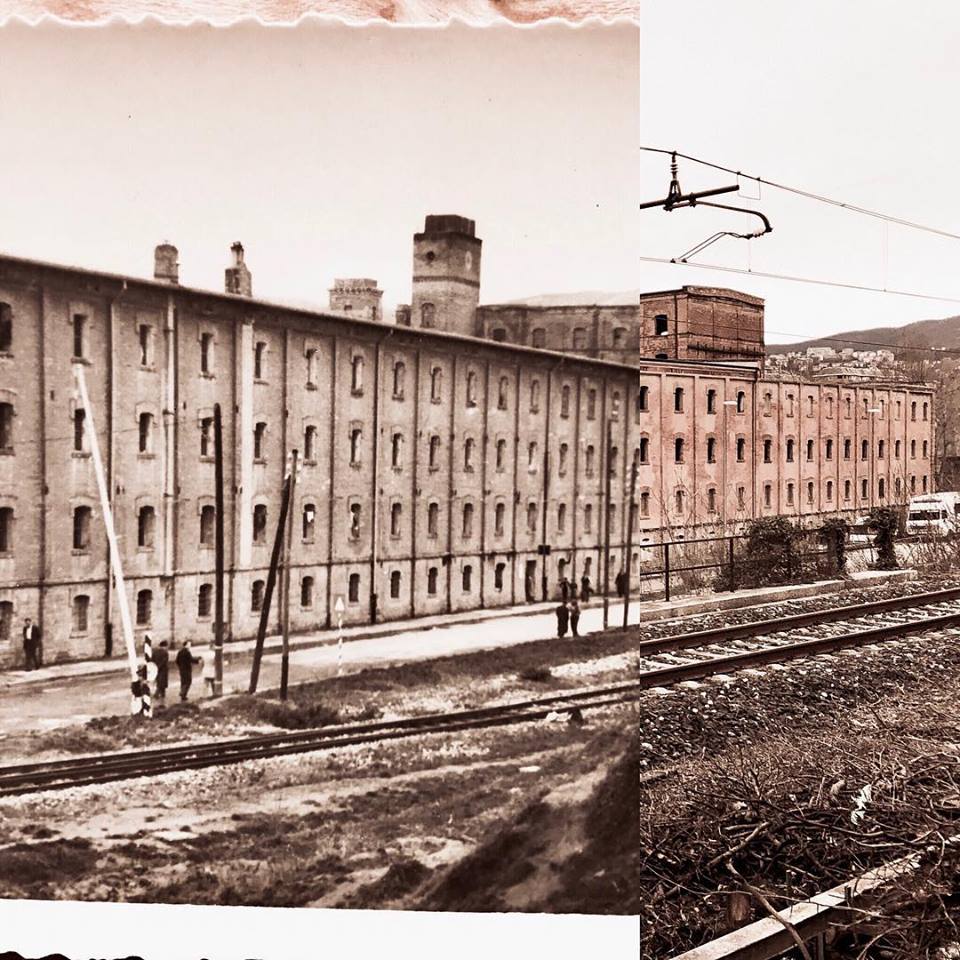Tania pictured back row, third from the left.
Publishing my book has led to many readings and wide ranging discussions. Recently, refugees and immigration have sparked much of that debate. People are curious about the impact of that experience on my life. One evening recently, the conversation moved to my upbringing.
We talked about my father’s fear for his children. His fear that growing up in America was not guaranteed. His fear that we would become refugees again. His fear of the seeming inevitability of continuous uprooting, of repeated exile.
I was asked at that reading, if that fear impacted me. Did I grow up fearful?
I acknowledged that rather than fearful, I grew up angry. Somehow I worked my way around to proclaiming myself a ‘badass.’
“And where did that stem from, your being a badass?” A friend asked.
“The schoolyard.” The answer popped out, as surprising to me as to the others.
“The schoolyard?”
“Yes. I went to an inner-city school in San Francisco where I was one of the few white kids.”
“In San Francisco? Where?”
“On Hayes Street.”
I could feel I was losing them. Hayes Street is evolving into the height of chic. One restaurant after another is opening. The old freeway entrance has been converted into a lovely little park. The price of housing is skyrocketing. It’s hard to imagine my talking about an inner-city school in this context.
Yet, in 1960 we moved away from there into the foggy outerlands of the Richmond District to avoid an evolution of the city — sometimes referred to as ‘white flight‘ — which helped make me into someone tough enough to deal with the world, but made my father extremely uncomfortable.
I am grateful for those years. I am grateful for whatever it is that turned me into a badass. In later life being a badass helped me deal with challenges that had more to do with being female in a man’s world than being a little white girl surrounded by tall black boys, but it was my black schoolyard mates who taught me to stand up for myself.
I have almost moved out of that badass phase of my life, but it’s only because I rarely feel threatened. Age and success have rounded those sharp edges. But point your daggers at me, and you could still be sorry.
Growing up in San Francisco, I was happy in my tough schoolyard and my neighborhood. I admired my badass friends. More than that, I wanted to be like them.
Who wanted to be the smart white girl in that environment? The teacher’s pet. The goody two shoes? Not me.
And who, you might wonder, was Burton Maxwell?
Burton Maxwell was a cut up. A young lad from a tough family background who still came to school most days. He was tough in the schoolyard but laid low in the classroom, out of fear of being called on.
One day the teacher lived up to his expectations and called out Burton for raising hell in the back of the classroom.
Except it was both of us who were raising hell.
In a moment I can never forget, Burton looked at me. He stared just long enough for me to read his message. He may as well have put his hand on my forearm to keep me from speaking up. To keep me from taking responsibility.
I let Burton take the fall.
Sixty years later I still sometimes troll the Internet looking for Burton Maxwell. I am looking for a 69-year-old man to apologize to. I am looking to see what happened to my friend, to the young boy who took a fall for a smart white girl who just didn’t quite fit in with her tough friends. Who, when push came to shove, chickened out and let a young black lad take the blame.
Tania, third row, fourth from left. Sherry Rowland, second row, fifth from left. Burton Maxwell, front row, fourth from left.
My sense of inferiority lasted far longer than you might expect. I was a scholarship student studying Mathematics at U.C., Berkeley and working in the deli in my old neighborhood when Sherry Rowland walked up to the counter. I had been with my boyfriend Greg for several years by then, but was still—barely—a virgin.
Sherry’s round belly, on the other hand, announced the imminent arrival of her second child. The first raced around while she and I tried to figure out what she could pay for with her food stamps—then a new concept—and I snuck a roast chicken into her cart.
You might think I felt smug and superior. That was far from the case. Still the foreign white girl, I was in awe of her maturity and experience. She was a woman and a mother and I a young and naïve schoolgirl. I knew I could never match Sherry in toughness.
I sit and stare at old classroom photographs, at an evolution. A class that started with two black kids in kindergarten ended with a black majority by the fifth grade, and lost almost all of us palefaces, including me, in the last year of grammar school.
I see the three of us. Burton Maxwell—a sweet, smiling kid who doesn’t match the tough guy in my memory. Sherry—a defenseless little girl, not a world weary teenage mother of two. Me—a tentative little kid in a frilly dress her foreign mother made for her.
And once again, I wonder. Where are you Burton Maxwell?
Read my latest book, Mother Tongue, to learn about Croatia, the Balkans, and my family history — following three generations of strong women.













